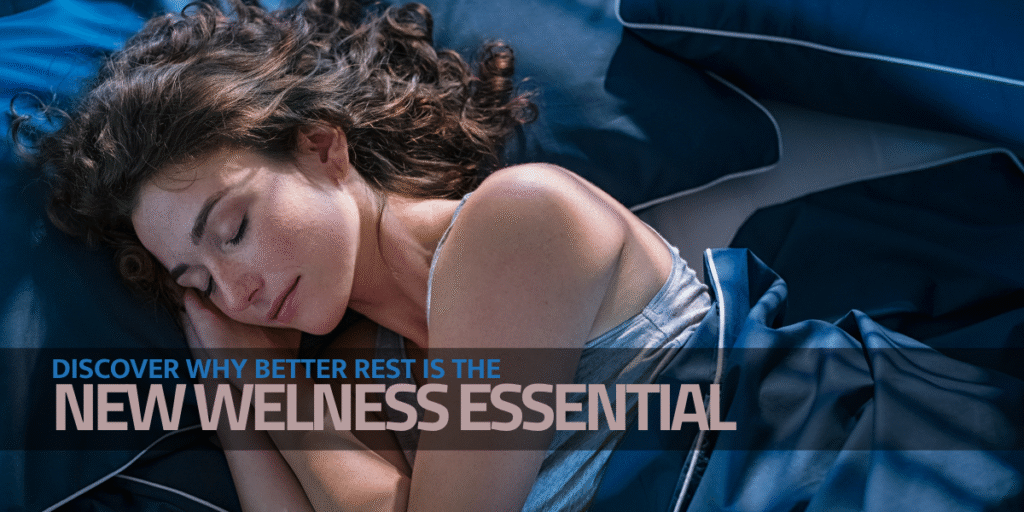Sleep, once overlooked in the wellness world, is finally taking the spotlight it deserves. From health experts to lifestyle influencers, everyone is talking about the power of quality rest. It is no longer just about diet and exercise. Sleep is emerging as the third pillar of good health, and science is proving that the right amount of rest can transform your physical, emotional, and mental well-being.
The Science Behind Sleep and Health
Sleep is not just downtime for your body. While you rest, your brain processes memories, your muscles repair themselves, and your immune system strengthens. Research shows that people who get consistent, high-quality sleep are less likely to face issues like heart disease, obesity, and anxiety. Poor sleep, on the other hand, weakens focus, lowers mood, and can even shorten life expectancy.
Why Sleep is Trending in 2025
Sleep technology, mindfulness apps, and sleep-friendly routines are everywhere right now. People are realizing that hustle culture without rest leads to burnout, not success. Brands are releasing smart mattresses, sleep trackers, and soothing sound machines. Social media is buzzing with sleep challenges and nighttime routines. What was once ignored is now one of the most talked-about health topics of the year.
A Shift from Productivity to Well-Being
We live in a world that celebrates “doing more,” but the trend is changing. People are learning that productivity starts with recovery. Getting good sleep is no longer seen as laziness. Instead, it is being celebrated as a vital act of self-care.
Simple Ways to Improve Your Sleep Tonight
You do not need to buy expensive gadgets to enjoy better rest. Small lifestyle changes can make a big difference:
- Set a regular sleep schedule. Try to go to bed and wake up at the same time every day.
- Create a calming routine. Reading, meditation, or a warm shower can signal your body that it is time to wind down.
- Limit screen time before bed. The blue light from devices can trick your brain into thinking it is still daytime.
- Keep your room cool and dark. The right environment can make falling asleep easier.
- Cut caffeine in the evening. Even small amounts of coffee or tea can disrupt your sleep cycle.
The Bigger Picture – Sleep as Preventive Health
Good sleep is not just about feeling refreshed. It is a form of prevention. By making rest a priority, you protect your heart, strengthen your immune system, and keep stress hormones in check. Doctors now consider sleep hygiene as important as exercise and diet for long-term health.
Investing in Rest Pays Off
Whether it is fewer sick days, improved focus at work, or a better mood around family and friends, sleep gives back more than you put in. The return on investing in better rest is priceless.


